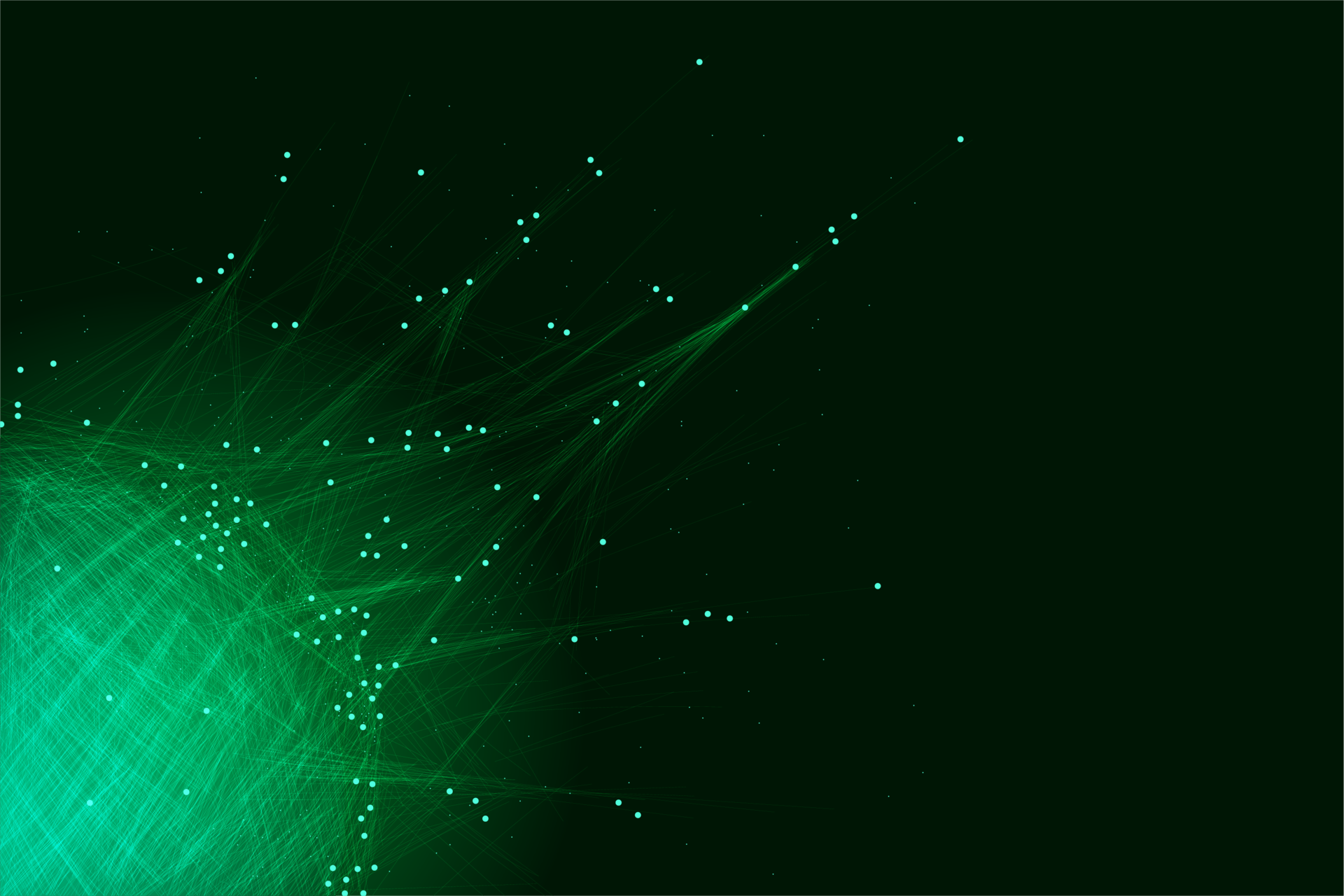


Promoting Knowledge Sharing on Vendor Liberation
‘Technological Sovereignty’ is Quietly but Surely Being Lost
VMware’s Shift to Subscription Model (2023~)
- End of perpetual licenses → Transition to an annually renewed subscription model
- Price reviews required even for existing environments, leading more companies to consider migration at renewal
- Rapid increase in consideration of OSS virtualization (KVM, etc.)
Oracle Java Employee-Based Licensing Issue (2023~)
- Oracle Java Global Business Unit introduced “employee-based licensing,” causing many companies to suddenly face significant cost burdens
- A billing system based on organization size, regardless of installation base, imposes substantial costs, especially on large enterprises
- In both cases above, corporate discretion in technology selection is being eroded by unilateral vendor policy changes.
- Companies are increasingly finding it difficult to build autonomous and sustainable IT infrastructure based on their own decisions.
- We are now at a critical juncture where we must confront the structural risk of losing choice head-on.

“For enterprises, the freedom to select technology is a source of competitive advantage.
To protect that freedom, we established the UnchainedStack Foundation as a truly neutral and global non-profit organization.”
UnchainedStack Foundation
Founding Chairman: Tomohito Kirahama
(Founder, CEO at LOGIQ Corporation)

Founding Members
Unchained Stack’s Mission
Reconstructing Technological Sovereignty through Technology
A “neutral, non-profit knowledge base” is needed where engineers, procurement officers, and executives can discuss from the same perspective.
Regardless of commercial software or OSS, a “neutral, non-profit knowledge base” is required to discuss and verify “which configurations ensure reproducibility, freedom, and sustainability.”
Five Core Functions Provided by UnchainedStack Foundation
Publication of OSS/Commercial Configuration Templates
Providing highly reproducible and portable configuration templates from a neutral standpoint
- Oracle JDK → OpenJDK (Azul, BellSoft, etc.)
- VMware → KVM / oVirt / Proxmox
- OpenLDAP → FreeIPA, etc.
📌 Objective: Accumulate “best practices” for vendor-neutral configurations to prevent personalization and black-boxing of configuration selection.
Continuous Accumulation of Practical Knowledge (Forum-Based Knowledge Platform)
Formalizing real-world challenges, successes, and failures from configuration sites
- Anonymous technical discussions, configuration sharing, and issue reporting are possible
- Threads are organized by category (Java, virtualization, OS, etc.) + tags for knowledge base creation
- Posts with configuration examples, screenshots, and migration process notes are encouraged
📌 Objective: Transform “on-site know-how” previously confined to specific companies or vendors into accessible knowledge assets.
Development of Technology Ratings (Unchained Stack Rating)
Building neutral and reproducibility-focused evaluation metrics for OSS and commercial technologies
- Not just product comparisons, but evaluations based on “practicality in configuration,” “migration ease,” and “long-term operational feasibility”
- Multidimensional metric design incorporating perspectives from OSS distributors, field engineers, and procurement officers
- Example: OpenJDK distribution comparison table
📌 Objective: Provide evaluation criteria to support decision-making for configuration designers, beyond the “OSS vs. commercial” dichotomy
International Collaboration
Strengthening global ties as a bridge to the OSS ecosystem
- MoUs and information sharing with OSS foundations in the US, Europe, and Asia (e.g., Linux Foundation, Eclipse Foundation)
- Technical exchanges and interviews with OSS distributors (e.g., BellSoft, AlmaLinux Foundation)
- Reflecting regional technology configuration trends in Southeast Asia, the Middle East, North America, etc.
📌 Objective: Establish credibility as a Japan-originated intersection for OSS migration with a global perspective
Engineer Certification Program (Unchained Stack Certified) *Under Planning
Visualizing and certifying practical knowledge of OSS configurations through a qualification system
- “Capable of designing and implementing Oracle JDK → OpenJDK migration”
Such configuration-specific skills will be visualized and offered as certifications. Evaluation will be designed based on practical capabilities, with certified individuals receiving foundation badges and registration as contributing members.
📌 Objective: Increase the number of engineers capable of practically addressing configuration migrations, beyond just being “OSS-savvy”
These migration patterns are templated by configuration unit and requirements,
publicly available for free in reusable formats (YAML, Markdown, Visio/PDF, etc.).
Transforming configuration options into standardized knowledge assets.
UnchainedStack Forum
The UnchainedStack Foundation is an international non-profit organization that supports enterprises in “avoiding vendor lock-in” and “utilizing OSS technologies sustainably”.
From a neutral, non-profit stance, it promotes configuration templates, knowledge sharing, and migration strategy standardization.
202,201 people have joined us.
UnchainedStack Foundation Locations
Basic Policy on Operations and Governance
Non-Profit Nature
The UnchainedStack Foundation is a fully non-profit technology support platform, free from advertising or profit-driven inducements by commercial entities. Its primary funding comes from corporate annual fees and voluntary donations, with no promotional posts or special treatment for commercial products.
Independence
Participating corporations can engage in governance, building a transparent and diverse operational structure. Participating corporations are positioned not just as contributors or collaborators but as key stakeholders contributing to the foundation’s growth.
Technical Policy Formulation System
- Technical guidelines (e.g., Unchained Stack Rating) are formulated through discussions and consensus among a neutral committee and founding members
- Oversight plans to include advisory members from OSS distributors, system integrators, and academia
Public Policy and Materials
The following information is all clearly disclosed on the website
🔍 Governance Note: On the Director System
- Director: LOGIQ Co., Ltd. (CEO: Tomohito Kirahama)
- For the time being, the corporation consists solely of a single corporate director (LOGIQ) to ensure swift decision-making and clear accountability
- Plans to gradually introduce an advisory board system reflecting input from founding and contributing members
How to Participate
How to join the forum where practical knowledge and implementation expertise in OSS configurations converge 🔷 Two styles of forum participation
Anonymous/Individual Account (Free)
- Engineers, architects, and researchers interested in OSS and commercial configurations can freely participate
- Pseudonyms are acceptable for display names, with no need to disclose affiliations
- Anonymous participation is possible in template submissions, configuration consultations, and technical discussions
Badges are awarded based on post volume (real-name disclosure optional with consent)
Suitable for:
- Those who want to share on-site challenges related to OSS configuration migration or selection
- Those seeking configuration designs to escape commercial software lock-in
- Those who want to discuss neutrally with commercial OSS support vendors or engineers
Corporate Account (Founding/Contributing Member)
- Accounts exclusively for corporations certified as founding or contributing members
- Post names display corporate name + representative (e.g., ABC Corp_Infrastructure Dept), enabling official statements
- Gold badges (founding members) and silver badges (contributing members) visually distinguish credibility
- Template submissions, Q&A responses, opinion posts, and collaboration proposals are possible in the forum
Post Examples:
- “Known bugs and workarounds during Oracle JDK → Azul migration”
- “Best practices for virtual NIC design in Rocky Linux + KVM configuration”
- “Public disclosure of internal migration policies for configuration standardization”
Before Posting (Submission Guidelines)
Please review the following guidelines and ensure appropriate content when posting.
① Purpose of Posting
We welcome information sharing aimed at configuration selection, migration support, and knowledge sharing.
② Prohibited Content
Please refrain from posts containing:
- Defamation
- Advertising or one-sided PR
- Content violating licenses
③ Recommended Post Format
The following “reproducibility-focused” styles are encouraged:
- Configuration diagrams or configuration file examples
- Details on background, evaluation results, and license notes
- Content based on actual implementation cases, whether OSS or commercial
How to Submit Configuration Templates
For those wishing to submit configuration templates, please follow the guidelines below.
① Submission Format Example
- YAML or Markdown templates can be used.
② Example Content
Including the following information is beneficial to other users:
- Configuration target
- Reasons for adoption
- Dependencies
- Reproduction steps
- Reference URLs
③ Tagging Rules
Please assign tags relevant to the content:
- Example: jdk-migration, kvm-setup, oracle2openjdk, etc.
Submission Guide Available
A submission guide is also provided for configuration template submissions. Those unsure about writing can participate with confidence.
① If Markdown is challenging
- PDF submissions are accepted if Markdown is difficult.
- Upon request, the secretariat can convert and post in Markdown format on your behalf.
② Anonymous Submission Support
- We respect the submitter’s intentions and offer “anonymous processing” upon request.
Trademarks
Java and OpenJDK are trademarks or registered trademarks of Oracle America, Inc. and its affiliates. Red Hat and Red Hat Enterprise Linux are trademarks or registered trademarks of Red Hat, Inc. Oracle and Oracle Linux are trademarks or registered trademarks of Oracle Corporation and its affiliates. Azul Systems is a registered trademark of Azul Systems, Inc. BellSoft is a trademark of BellSoft. Amazon Corretto is a trademark of Amazon Technologies, Inc. AdoptOpenJDK is a trademark of AdoptOpenJDK. Other company and product names mentioned are trademarks or registered trademarks of their respective companies.
- VMware® is a registered trademark or trademark of VMware, Inc. in the United States and other countries.
- Broadcom® is a registered trademark of Broadcom Inc. or its affiliates in the United States and other countries.

